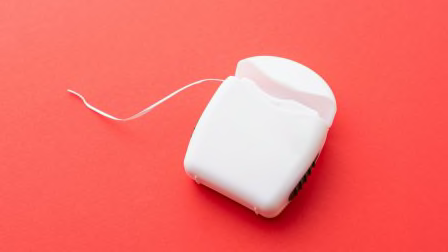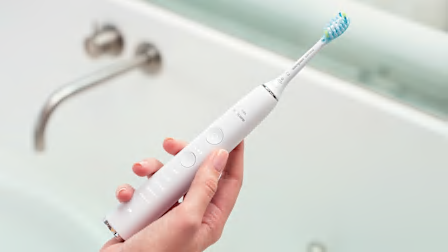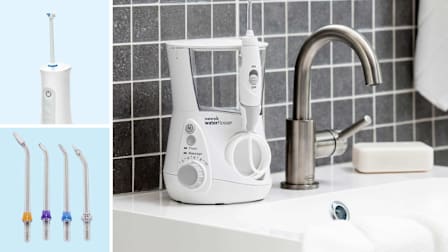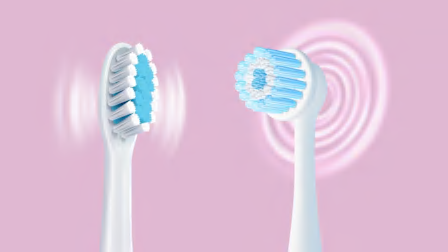How to Quit Grinding Your Teeth
Called bruxism, this condition can lead to jaw pain and cause significant damage to your smile
Dentists reported a 69 percent jump in patients who clench or grind their teeth during the pandemic, according to the American Dental Association (ADA). And most of these folks are probably unaware that they’re doing it. “It’s an almost completely unconscious behavior,” says Vicki Cohn, DDS, chair of the American Academy of Sleep Medicine’s Dental Assembly.
The condition, called bruxism, can apply up to 200 pounds of force to the teeth. “The bite strength of grinding can be up to six times greater than normal chewing,” says Ada Cooper, DDS, a spokesperson for the American Dental Association. So it’s no surprise that it can wear down or even break teeth. And for older adults—whose teeth may be more fragile—bruxism may be especially problematic.
A Host of Causes
Bruxism can occur during the day or at night. Stress can be a significant factor, either in moments of acute tension or during sleep, when elevated levels of stress hormones may still circulate after a difficult day, says Cohn. Habits like alcohol and tobacco use hike the likelihood, too. “Smokers are about twice as likely to grind their teeth as nonsmokers,” says Cooper. Certain medications—like some antidepressants and antipsychotics—can also increase the risk.
Conditions that affect the central nervous system, like dementia, Parkinson’s disease, or stroke, can cause or exacerbate bruxism. And it often goes hand in hand with temporomandibular joint (TMJ) disorders, which cause pain around the jaw. Finally, there’s obstructive sleep apnea (OSA), where the upper airway becomes repeatedly blocked during sleep, leading to numerous breathing pauses at night. This can cause people with OSA to “unconsciously overcompensate and grind their teeth as they thrust their jaw forward to open the airway,” says Manar Abdelrahim, DDS, a dentist at Cleveland Clinic. (If you’re told you have OSA, ask about being evaluated for bruxism.)
Spotting the Signs
A cracked tooth, crown, or filling may be a clear signal something is amiss, but there are less dramatic signs to be on the lookout for. People with sleep bruxism, for instance, may wake up with a sore jaw or neck, a headache, a stiff jaw, ringing in the ears, or marks around the edge of the tongue where it pressed against clenched teeth. If you notice these, see your dentist, who will check for tooth wear, fractures, and gum recession. But “if the only evidence is wear on your teeth, you might not have active bruxism,” says Cohn. Chronic severe heartburn is a common cause of tooth wear in older adults.
A video recording in a sleep lab or electromyography can definitively diagnose sleep bruxism. For the latter, electrodes attached to the skin check for repetitive jaw muscle movements.
Treatments to Consider
While bruxism can be hard to remedy, the following may help:

